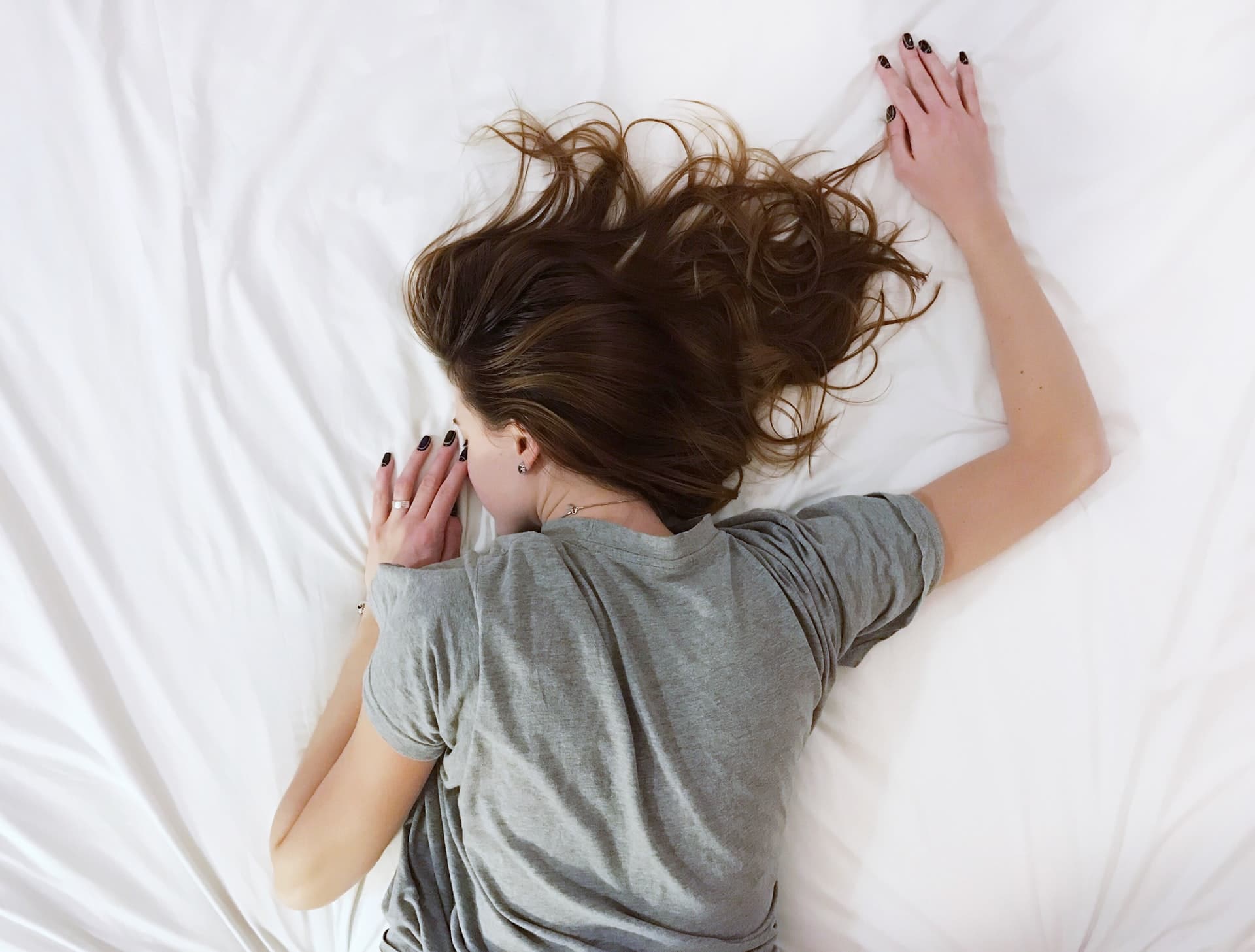In recent years white noise for sleep providing apps has grown significantly in number. Sounds like rain patter, the humming of ceiling fans, and plain chatter are lined up to be downloaded on apps like these but research, however, does not lay out any evidence that could confirm their effectiveness for helping people sleep better, if anything they might be causing more harm than good.
Real white noises in our lives are the fizzing hissing sound of different frequencies being set off at the same intensity randomly, despite this our human ears can pick up on these frequencies. Attempting to provide these sounds as a form of sleep therapy, in recent years apps and devices have been built to offer people white noise for sleep in hopes to help them relax their bodies in response to these sounds.
So far their successes have been huge and their application is widely downloaded. One such app is the Bedtime Fan app, an application that boasts 3m downloads from Apple users while White Noise Generator has garnered more than 1m of the android market.
Also Read: The Tingly Sensation we Feel When Listening To Music Also Shows Up in Brain Scans
While there are many explanations out there, one theory suggests that these white noise sounds help distract minds from sounds that bother people such as noise on the street. Another theory however suggests that it may work on a kind of Pavlovian response system when a person listens to the same sound each night it triggers the same feelings of relaxation or sleepiness. The question however remains: does it even work though?
Mathias Basner is a professor of psychiatry at the University of Pennsylvania. he and his colleagues reviewed systematically all the available scientific literature and found 38 studies that had led investigations about using white noise as an aid to sleep.
They found a small number of evidence that vouched for using continuous noise for cutting short the period it took for people to doze off to sleep. The quality of this evidence, however, proved rather poor and another study indicated that this noise may just end up disrupting sleep instead.
Basner says if such devices or apps only offered benefits, he wouldn’t care as much but since they may have some less desirable consequences for people it would be best to stay careful. His research is also published in the journal of Sleep Medicine Reviews.
He says he would not hand out recommendations for them since no evidence at present speaks for their success in doing what their creators hoped out to do.
Basner worries that not letting the auditory system switch off at night may have some serious effects on the health of people who use such applications or devices, but since this reflection comes without tested evidence he cannot fully say if it would do such harm. Explaining himself however Basner argues that since interpreting sounds or noise in the inner parts of the ear is an active brain process, it can at times be harmful to the inner ear, therefore, it is only advisable to let your auditory system rest for the night till you require its use again.
Colin Espie is a professor of sleep medicine at the University of Oxford. He also believes that the idea itself is rather limited and that evidence for using white noise for sleep has been poor for decades.
Therefore the final verdict on the matter would be that we ought to be careful about what we use for inducing sleep because not all methods are made equal.


